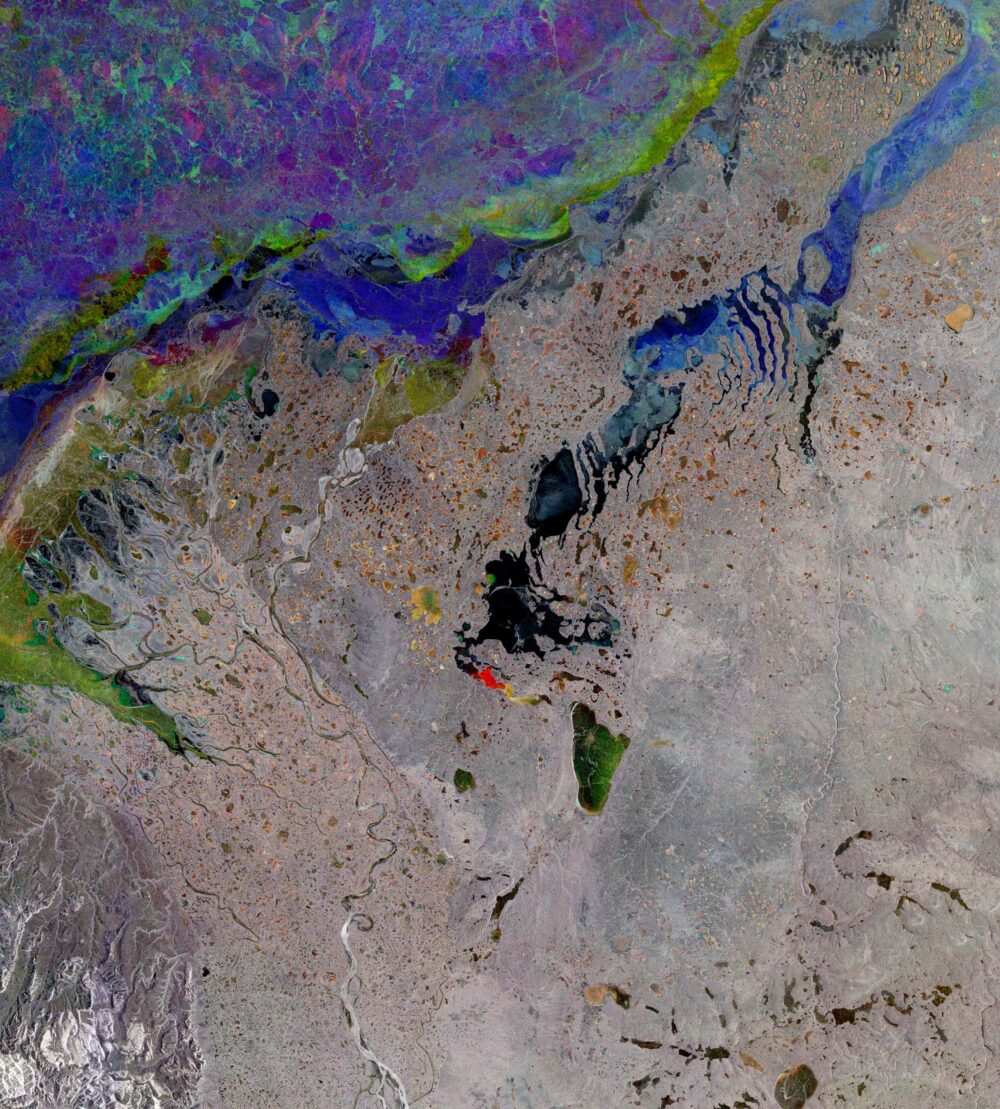In the wake of the second Blue Origin human space flight, HRH Prince William was reported as having suggested that science should be focussed on delivering plans to tackle environmental problems on Earth rather than looking to space – but the British Interplanetary Society (BIS) has responded that space is already key in addressing these problems.
His Royal Highness is reported as having said that, “We need some of the world’s greatest brains and minds fixed on trying to repair this planet, not trying to find the next place to go and live.” However, the BIS highlight that space sector is already absolutely key to supporting the scientific advances needed to tackle climate change, pollution and biodiversity here on Earth. A huge subset of the space sector is devoted to satellites and Earth observation, providing the data and information needed to identify changes and develop action to tackle this, much of which can only be measured from space. So much about the changes and challenges facing us on Earth would not be known without the information received from satellite technology – from the NASA Landsat scheme to the European Copernicus programme.
Copernicus, which the UK aims to remain part of as an active member of the European Space Agency, monitors the atmosphere, oceans, land, climate change and humanitarian crises, all over the world, not just in and around Europe. The data collected here produces mapping and models that enables scientists – not just those in the space sector – to forecast changes and develop real proposals for climate action and environmental protection.
Aside from purely showing us the problem, space is also an answer. A recently published Government report showed Space based solar power can help the UK achieve Net Zero emissions by 2050 which highlights the significant role the Space industry can play in directly tacking climate change using the transportation infrastructure being developed by companies such as SpaceX and Blue Origin. The space tourism ventures of both of these US companies are part of a wider overall venture to industrialise space, and enable it to contribute to the maintenance of humanity’s growing population and standard of living, while reducing the pressure on Earth’s resources.
Private funding for space missions raises the profile and opportunity for growth within the sector; space exploration has been transformed by private industry being able to move faster and innovate more quickly than government backed space agencies can, and competition is a huge driver of ever improved technology. Given the overwhelming benefits that space has provided to humankind – from medical advances resulting from ISS experiments to every day technological advances such as GPS, we feel that industry can drive real progress for humanity, and the environment.
As the UK plays host to COP26 next month, it is clear that environmental change is one of the biggest threats to humanity – but space exploration can offer answers and solutions, and those working within the sector are playing a vital role in creating a scientific response.
—
Image (C) ESA, from the Copernicus Sentinel-1 mission supporting the mapping of permafrost, here showing the Mackenzie River delta.





